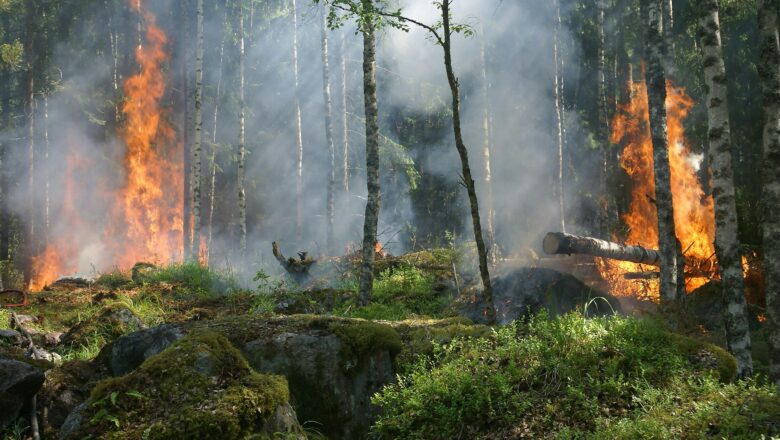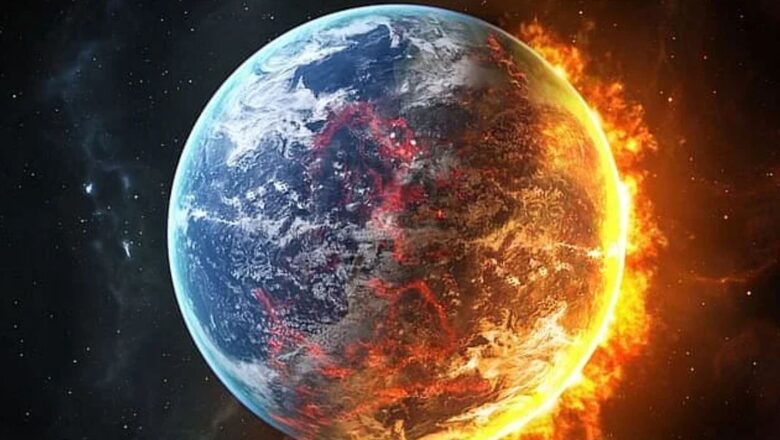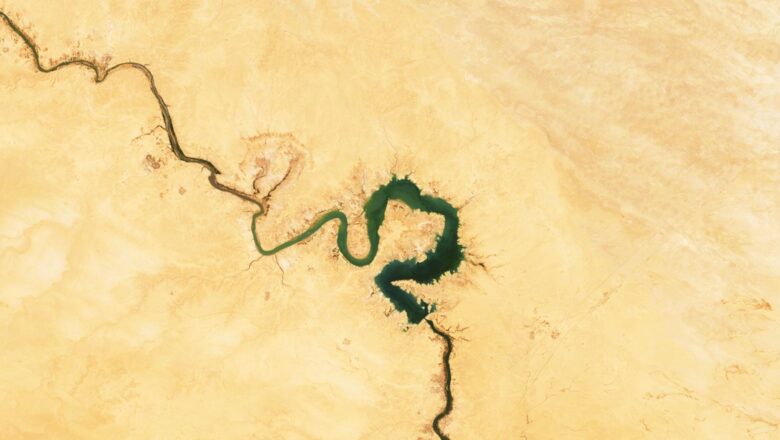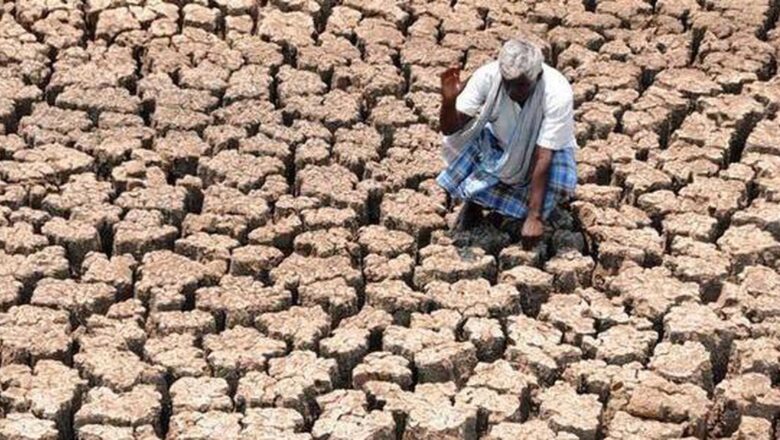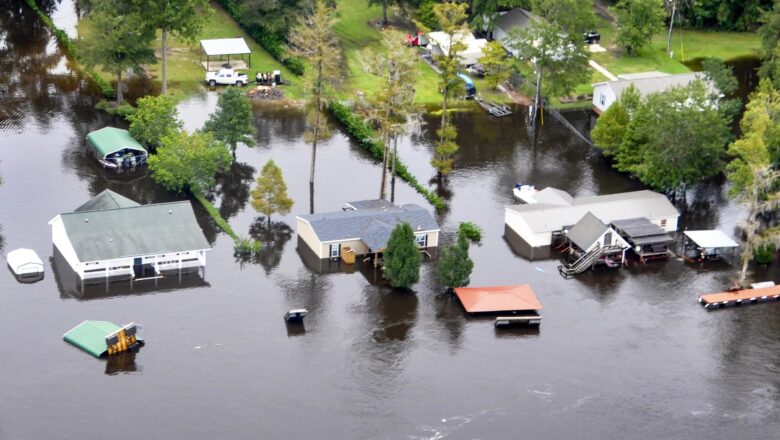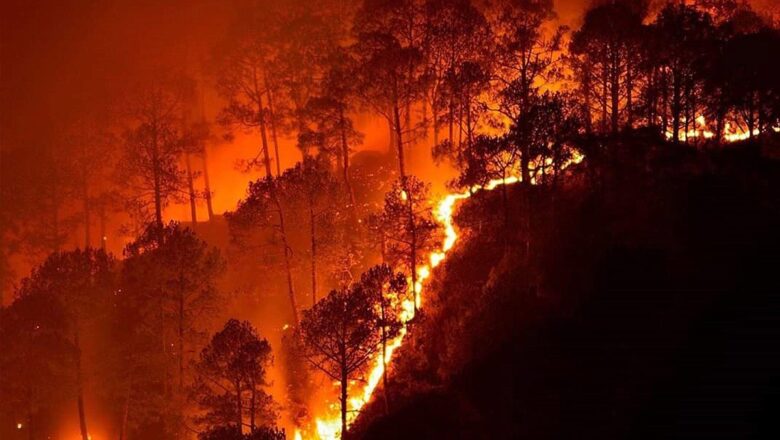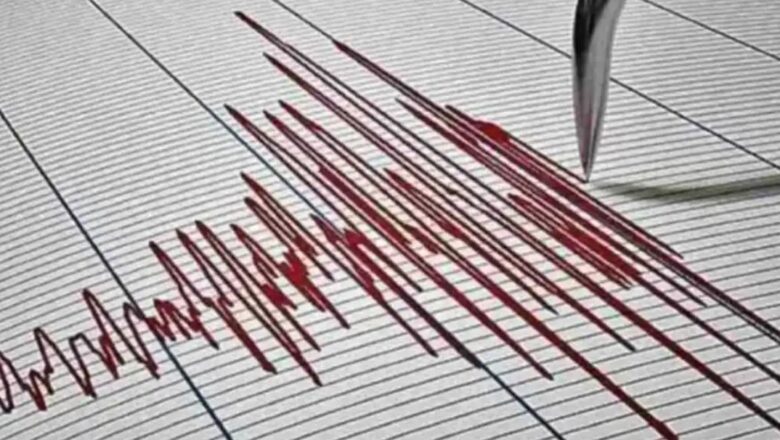
State of Emergency Declared in Santorini as Earthquake Swarm Intensifies
The Greek government has declared a state of emergency on the island of Santorini as the region experiences a relentless series of earthquakes. The "earthquake swarm," which began as minor tremors in late January, has escalated into a significant seismic event, shaking the island multiple times a day. The tremors are also affecting nearby islands in the Aegean Sea, with some quakes occurring just minutes apart.
Escalating Seismic Activity
Over the past two weeks, seismologists have recorded thousands of earthquakes, with as many as 30 daily exceeding magnitude 4.0. The largest so far, a magnitude 5.1 quake on February 6, was felt in Athens, Crete, and even parts of Turkey, more than 240 kilometers away. The earthquakes, occurring at depths of less than 10 kilometers, are shallow enou...

